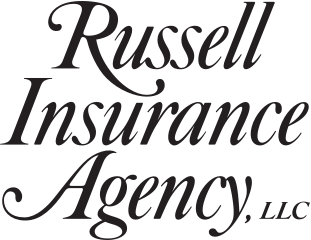If you and your spouse are separating or getting a divorce, give our agency a
call. We can help you sort through your insurance policies to get them updated
to reflect your current status. Legally separating spouses should be mindful of
the following insurance concerns:
Homeowners insurance. Update any homeowners insurance policy to reflect
the name of the spouse remaining in the home. Obtain an updated deed or
divorce decree. The person staying in the house should continue to be the named
insured if his or her name is still on the deed. The person leaving the home
can become an additional interest—if his or her name also remains on the
deed. Separate homeowners or renters insurance should be purchased for the
new residence of the departing spouse. If both spouses leave the house, notify
us of the vacancy date, so we can help you obtain a policy for the vacant or
unoccupied residence. Also, notify us once your personal property is removed
or added to your home, so your personal property coverage can be updated.
Auto insurance. Auto insurance after a divorce largely depends on living
arrangements and where cars will be kept. If you are living together, you both
can remain on the same policy, or get separate policies.
If you live apart, regardless of divorce status, give us a call. We’ll review your
policy and situation and help you figure out if you need a separate policy, or if
your original policy will cover you. The family’s teenage drivers should be listed
on the residence that is their primary home, otherwise both parents might pay
a full premium for each child!
Life insurance. Keeping life insurance on a party providing alimony or child
support could avoid loss of income if that person passes away. Also consider keeping
or purchasing more coverage on the party responsible for caring for any children
(funds for premiums on such policies can even be included in the divorce decree).
Changing the beneficiary of an existing policy may make sense if you do not have
children. You should review all other beneficiary designations on retirement,
bank, investment, and other asset accounts and group insurance (through
an employer).
The ring … Was an engagement ring insured by a separate policy or
an extension of your homeowners (or renters) insurance? Make sure it reflects
the proper owner and financially maintain it to ensure continued
protection (unless you pawned it).

